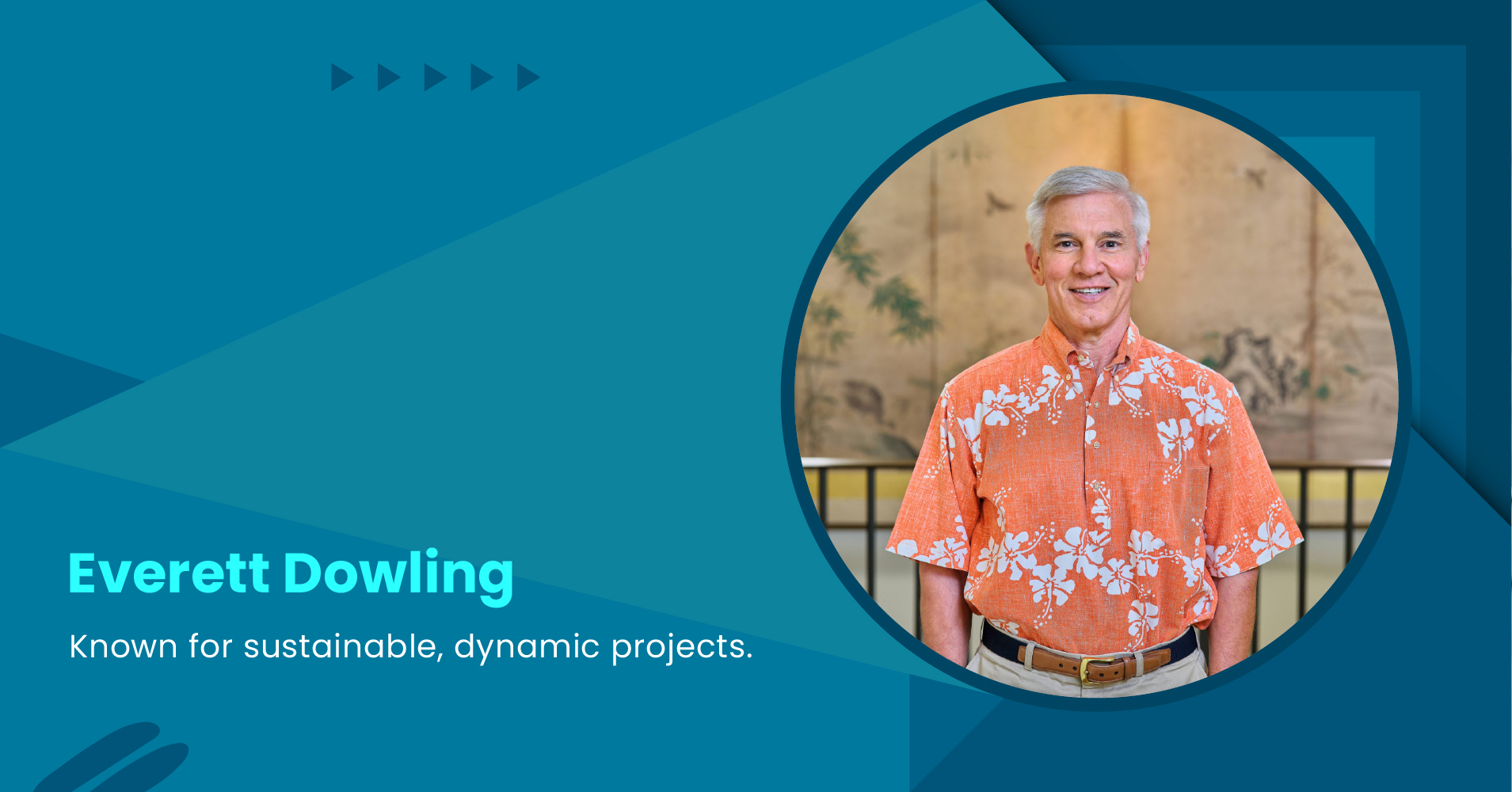
Project management has consistently adapted to meet the ever-changing demands of businesses and technology. From the introduction of the Gantt chart in the early 20th century to the widespread adoption of Agile methodologies in the 21st century, this field has evolved dramatically. As we look toward the next decade, several emerging trends are set to redefine project management practices, technologies, and professional roles. This article explores these trends and offers predictions on how they will shape the evolution of project management in the 2030s.
The Evolution of Project Management: Trends and Predictions for the Next Decade
As businesses face increasing complexities and global challenges, project management is poised to become more strategic and integral to organizational success. Here are the key trends and predictions that will influence project management in the coming decade.
Integration of Artificial Intelligence and Machine Learning
Trend Insight:
AI and machine learning are starting to play significant roles in project management by automating routine tasks, optimizing schedules, and more accurately predicting project outcomes.
Future Prediction:
In the next decade, AI will become a core component of project management tools, providing real-time insights and proactive solutions to potential issues. Project managers will leverage AI to make data-driven decisions, enhance resource allocation, and streamline communication across diverse teams.
Rise of Remote and Hybrid Work Models
Trend Insight:
The COVID-19 pandemic accelerated the shift toward remote and hybrid work models, demonstrating that many projects can succeed without traditional office setups.
Future Prediction:
By 2030, remote project management will be the norm rather than the exception. Tools that facilitate remote collaboration, virtual project tracking, and cloud-based resource management will evolve to support a globally dispersed workforce. Project managers will need to excel in digital communication and cross-cultural leadership to manage geographically diverse teams.
Emphasis on Sustainability and Social Responsibility
Trend Insight:
There is a growing push for businesses to adopt sustainable practices and demonstrate corporate social responsibility (CSR). Project management is increasingly viewed as a critical driver for embedding sustainability in business operations.
Future Prediction:
Sustainability will become a critical metric in project success evaluations. Project managers will be expected to deliver projects that align with broader environmental, social, and governance (ESG) goals. This will require skills in sustainable resource management, compliance with international standards, and the ability to integrate CSR into project planning and execution.
Expansion of Agile and Hybrid Methodologies
Trend Insight:
Agile methodologies have revolutionized project management, offering flexibility and faster response times. However, not all projects are suited to a purely Agile approach.
Future Prediction:
The next decade will see the rise of hybrid methodologies that combine the best elements of Agile, Waterfall, and other frameworks to suit specific project needs. As complexity grows, project managers will adopt more fluid and adaptable approaches, customizing methodologies to fit the unique constraints and opportunities of each project.
Increased Focus on Data Analytics and Decision Science
Trend Insight:
The availability of vast amounts of project data has made it possible to gain deeper insights into project performance, stakeholder engagement, and financial management.
Future Prediction:
By 2030, data analytics will be integral to project management. Advanced analytics tools will enable project managers to harness big data for predictive analytics, risk assessment, and enhanced decision-making. Competency in data science will become a valuable skill for project managers, significantly influencing project strategy and outcomes.
Continued Professionalization and Specialization
Trend Insight:
As project management becomes more complex, there is a greater need for specialized skills and knowledge. This is evident in the growing demand for credentials and certifications in various aspects of project management.
Future Prediction:
Project management as a profession will continue to specialize, with distinct career paths and advanced degrees in areas such as digital project management, sustainability project management, and crisis and recovery project management. Lifelong learning will be essential, with professionals needing to stay abreast of new theories, tools, and best practices.
Preparing for a Dynamic Future
The next decade promises significant transformations in project management. As organizations navigate more complex and rapidly changing environments, the project manager’s role will become more strategic and influential. Embracing these changes and preparing for future trends will be vital to achieving success in this dynamic field. By continuously adapting and learning, project managers can look forward to not only managing projects more effectively but also driving innovation and strategic change within their organizations.